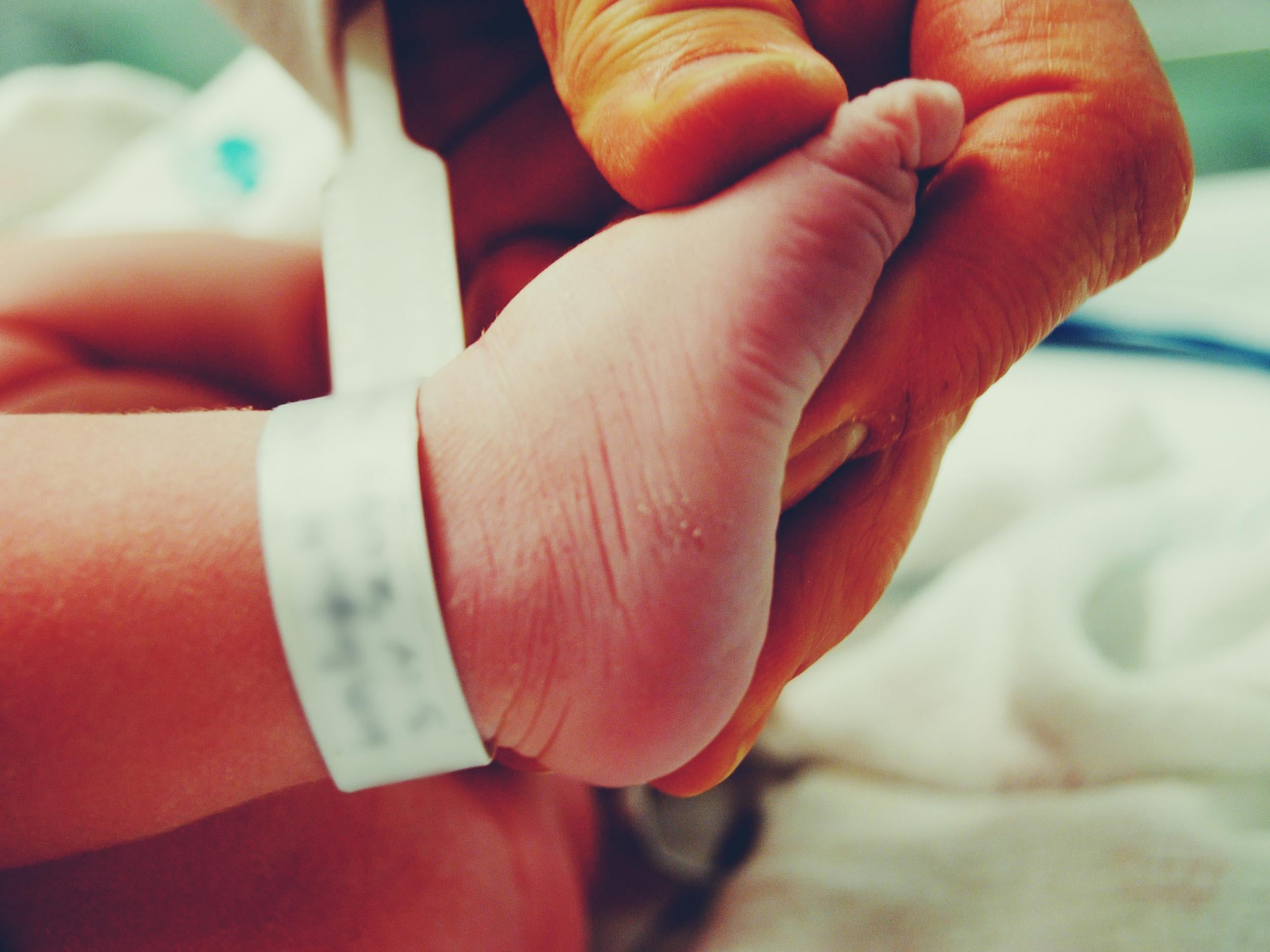What use is women's progress in politics when so many still bear the scars of society's abuse?
Equal rights for women is a long way off until all mothers have received the respect they deserve – including those forced to give up their child at birth, and those who desperately require a termination


Your support helps us to tell the story
From reproductive rights to climate change to Big Tech, The Independent is on the ground when the story is developing. Whether it's investigating the financials of Elon Musk's pro-Trump PAC or producing our latest documentary, 'The A Word', which shines a light on the American women fighting for reproductive rights, we know how important it is to parse out the facts from the messaging.
At such a critical moment in US history, we need reporters on the ground. Your donation allows us to keep sending journalists to speak to both sides of the story.
The Independent is trusted by Americans across the entire political spectrum. And unlike many other quality news outlets, we choose not to lock Americans out of our reporting and analysis with paywalls. We believe quality journalism should be available to everyone, paid for by those who can afford it.
Your support makes all the difference.Women hold four of the most important jobs in the UK: Prime Minister, head of the Metropolitan Police, Home Secretary and Secretary of State for Justice. Women have reached the top in Northern Ireland and head three out of the four main parties in Scotland. We might not agree with their politics, but these women deserve respect for their dedication and drive.
As Buckingham Palace hosted a reception celebrating female achievements, a protest march was taking place in a country where women suffer (according to the United Nations) “discrimination and cruel, inhumane and degrading treatment”. Not the United Arab Emirates, where a pregnant tourist has been arrested and imprisoned for having sex outside marriage (with her fiance), but much closer to home – the Republic of Ireland. There women have no rights over their own bodies. Terminations of unwanted pregnancies are banned unless the mother’s life is at risk; abortion is illegal even if the foetus shows signs of fatal abnormalities. Every day, women are forced to travel to England for a termination (costing around £2,000) or take illegal abortion pills, which could land them in jail.
On International Women’s Day more than 10,000 marched in Dublin and students and workers went on strike all over the country demanding a change in the law. It’s easy to condemn the repressive attitudes to women in Saudi Arabia and other Arab states, but Ireland’s abortion laws are equally vile and inappropriate in the civilised world.
The gruesome discovery last week of almost 800 children’s bodies in a mass grave in the grounds of a Catholic mother and baby home run by the Bon Secours Order in Galway should trigger a referendum to scrap the abortion laws forthwith. But what this horror unleashed was depressingly predictable: “shock” on the part of politicians and the Catholic Church. How can anyone still be shocked when the appalling treatment of single mothers in Ireland has been common knowledge for decades and yet another official inquiry was set up to investigate these homes just two years ago?
Only two of the babies at Tuam in Galway had burial records; the rest were simply disposed of, placed in the ground in a pit where waste was stored (basically a septic tank), their deaths registered but not considered worthy of any other mark of respect. Many died from malnutrition and gastroenteritis, common enough in poverty-stricken communities, but some were simply listed as “restless” or “delicate”. Funny how the Catholic Church believes that human life is “sacrosanct” but doesn’t value the life of a child born out of wedlock enough to read the last rites.
I mourn for these poor little babies, but it is the image of the young mothers I can’t get out of my head. Shunned by their conservative, inward-looking communities, forced to hand over their babies without protest, I wonder what impact this abuse had on the rest of their lives? Like the 10,000 single mothers forced to work for no pay in appalling conditions in church and state-run laundries in Ireland, we owe them the same respect as high profile politicians and women of achievement.
Following the introduction of gender quotas in 2016, a third of the Irish Parliament are women MPs, and yet still the country’s laws and culture lag behind. It should be a matter of conscience to give every woman the right to choose, regardless of religion.
Single mothers weren’t just persecuted in Catholic countries. On International Women’s Day, the independent inquiry into child sexual abuse in London heard that up to 10,000 children (some as young as three or four, but with an average age of nine) were taken from Anglican, Catholic and charity homes in England and Wales and sent to Australia without their mother’s consent. A journey that would end in abuse and maltreatment for many, described as a huge “human tragedy”. What happened to those single mothers whose children were removed in the post-war years, and whose records were destroyed?
Equal rights for women is a long way off until all these mothers have received the respect they deserve. We have erected monuments to the animals used in warfare, and the women who fought in the second word war, and this week the Queen unveiled a new memorial to the servicemen and woman who died in the three conflicts in Iraq and Afghanistan. But where are the memorials to the single mothers whose lives were wrecked by religion and small-minded society in the first part of the 20th century? The final step in the battle for equality is giving every women the right to control her body.
Join our commenting forum
Join thought-provoking conversations, follow other Independent readers and see their replies
Comments